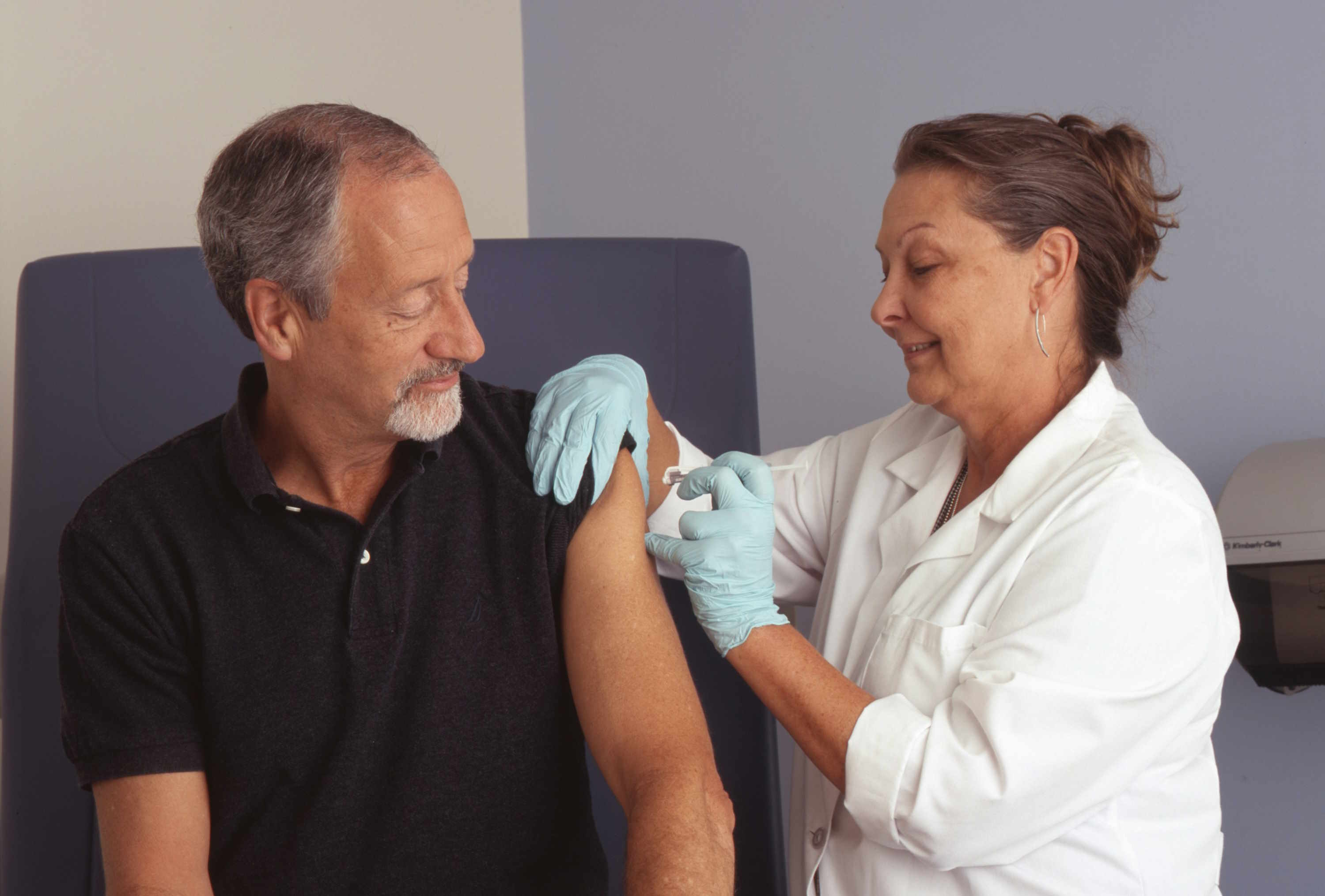Understanding Colon Cancer: Key Signs That Indicate a Potential Problem
Colon cancer is a serious condition that develops in the large intestine and is one of the most common types of cancer worldwide. Often, it begins as small, noncancerous growths called polyps, which can develop into cancer over time. Recognizing the early warning signs of colon cancer is crucial for timely diagnosis and successful treatment. Awareness, regular screenings, and lifestyle choices can significantly reduce the risk and improve outcomes.

Early Warning Signs and Symptoms
Changes in bowel habits are often among the first noticeable signs of potential colon cancer. These changes may include persistent diarrhea, constipation, or a difference in stool consistency lasting more than a few weeks. The feeling that your bowel doesn’t empty completely after a bowel movement can also be a concerning symptom. While these symptoms can be caused by various conditions, persistent changes warrant medical attention.
Understanding Changes in Bowel Habits
Significant alterations in bowel patterns can signal potential colon cancer. Pay attention to changes such as narrow or ribbon-like stools, which might indicate a tumor creating an obstruction. Frequent gas pains, bloating, or cramps could also be warning signs. It’s important to note that these symptoms may vary in intensity and persistence, but any unusual changes lasting more than three weeks should be evaluated by a healthcare provider.
The Significance of Blood in Stool
Blood in the stool is a crucial warning sign that should never be ignored. This can appear as bright red blood in the toilet bowl or on toilet paper, or as dark, tar-like stools indicating bleeding higher in the digestive tract. While hemorrhoids or anal fissures can cause rectal bleeding, it’s essential to have any instances of blood in the stool evaluated by a medical professional to rule out more serious conditions.
Weight Loss and Fatigue: Important Indicators
Unexplained weight loss and persistent fatigue can be symptoms of various cancers, including colon cancer. When cancer cells grow, they consume significant energy from the body, which can lead to unexplained weight loss even without changes in diet. Fatigue may result from blood loss in the digestive tract, leading to anemia. These symptoms, especially when combined with other warning signs, require prompt medical attention.
The Role of Screening and Prevention
Regular screening through colonoscopy is vital for early detection and prevention of colon cancer. Current guidelines recommend beginning regular screenings at age 45 for individuals at average risk. During a colonoscopy, doctors can detect and remove precancerous polyps before they develop into cancer. Alternative screening methods include stool tests, virtual colonoscopy, and flexible sigmoidoscopy, though colonoscopy remains the gold standard.
Treatment Options and Associated Costs
| Treatment Type | Average Cost Range | Insurance Coverage |
|---|---|---|
| Colonoscopy Screening | $1,250 - $4,800 | Often covered |
| Surgery | $30,000 - $120,000 | Partially covered |
| Chemotherapy (per session) | $1,000 - $12,000 | Partially covered |
| Radiation Therapy | $20,000 - $60,000 | Partially covered |
Prices, rates, or cost estimates mentioned in this article are based on the latest available information but may change over time. Independent research is advised before making financial decisions.
Detecting colon cancer early significantly improves treatment outcomes. While the warning signs discussed can indicate potential problems, they may also be caused by less serious conditions. Regular screening, awareness of body changes, and prompt medical attention when concerning symptoms arise are essential components of maintaining colorectal health.
This article is for informational purposes only and should not be considered medical advice. Please consult a qualified healthcare professional for personalized guidance and treatment.




